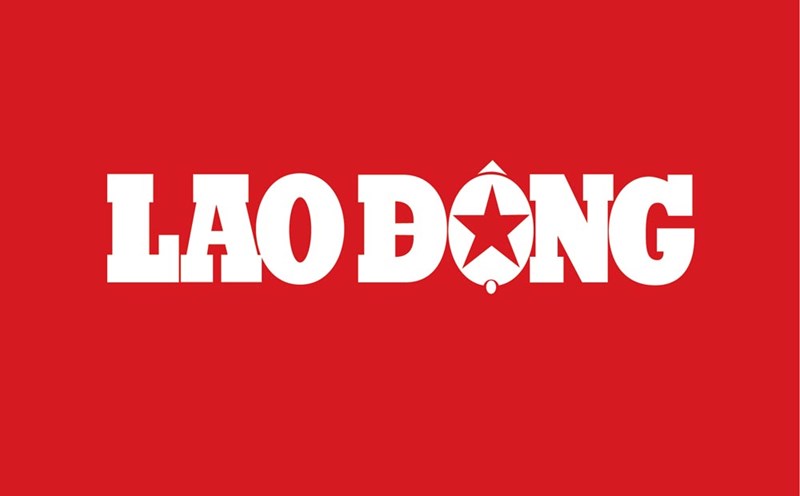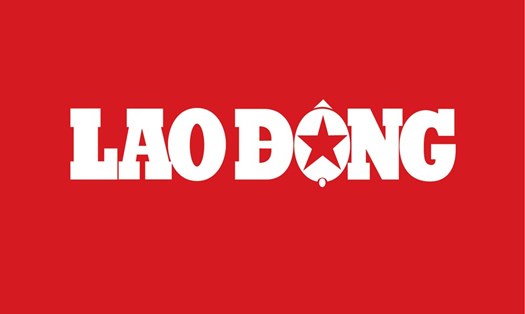On December 3, 2024, Yoon Suk Yeol caused a stir when he declared martial law, plunging the East Asian nation into unprecedented turmoil. This action was criticized as an abuse of power, leading the National Assembly to vote on December 14 to impeach him with an overwhelming 204-85 vote, leading to Yoon's temporary suspension from office.
Yonhap reported that on December 30, the joint investigation committee - consisting of members from the Corruption Investigation Office (CIO), the police and the Ministry of National Defense - filed a request for an arrest warrant for Mr. Yoon on charges of rebellion and abuse of power. This is the first time in South Korea's history that such a request has been made for a president.
The arrest warrant was issued after Mr. Yoon refused three summonses for questioning, according to investigators. If convicted of rebellion, he could face life in prison or even the death penalty.
Mr. Yoon's lawyer, Mr. Yun Gap-geun, has protested, accusing the CIO of exceeding its authority and vowing to take legal steps against the move.
Not only Mr. Yoon, the leadership crisis in South Korea became more serious when the National Assembly, controlled by the opposition, voted to impeach Acting President Han Duck-soo. After that, Deputy Prime Minister and Finance Minister Choi Sang-mok was given temporary presidential power.
The decision to impeach Mr. Han Duck-soo came after he refused to immediately appoint three judges to fill a vacancy at the Constitutional Court, which is considering Mr. Yoon's case.
The Constitutional Court has up to six months to make a final ruling, deciding whether Mr Yoon will be removed from office or reinstated.
At the first hearing on December 27, the court rejected Mr. Yoon's lawyer's request to postpone the trial so that he could have more time to prepare for his case.
Yoon Suk-yeol, who served as South Korea’s top prosecutor before entering politics, has said the declaration of martial law was necessary to deal with “anti-state forces” and obstruction by the opposition Democratic Party (DP). But analysts say the move has eroded public trust and thrown South Korea into turmoil.









